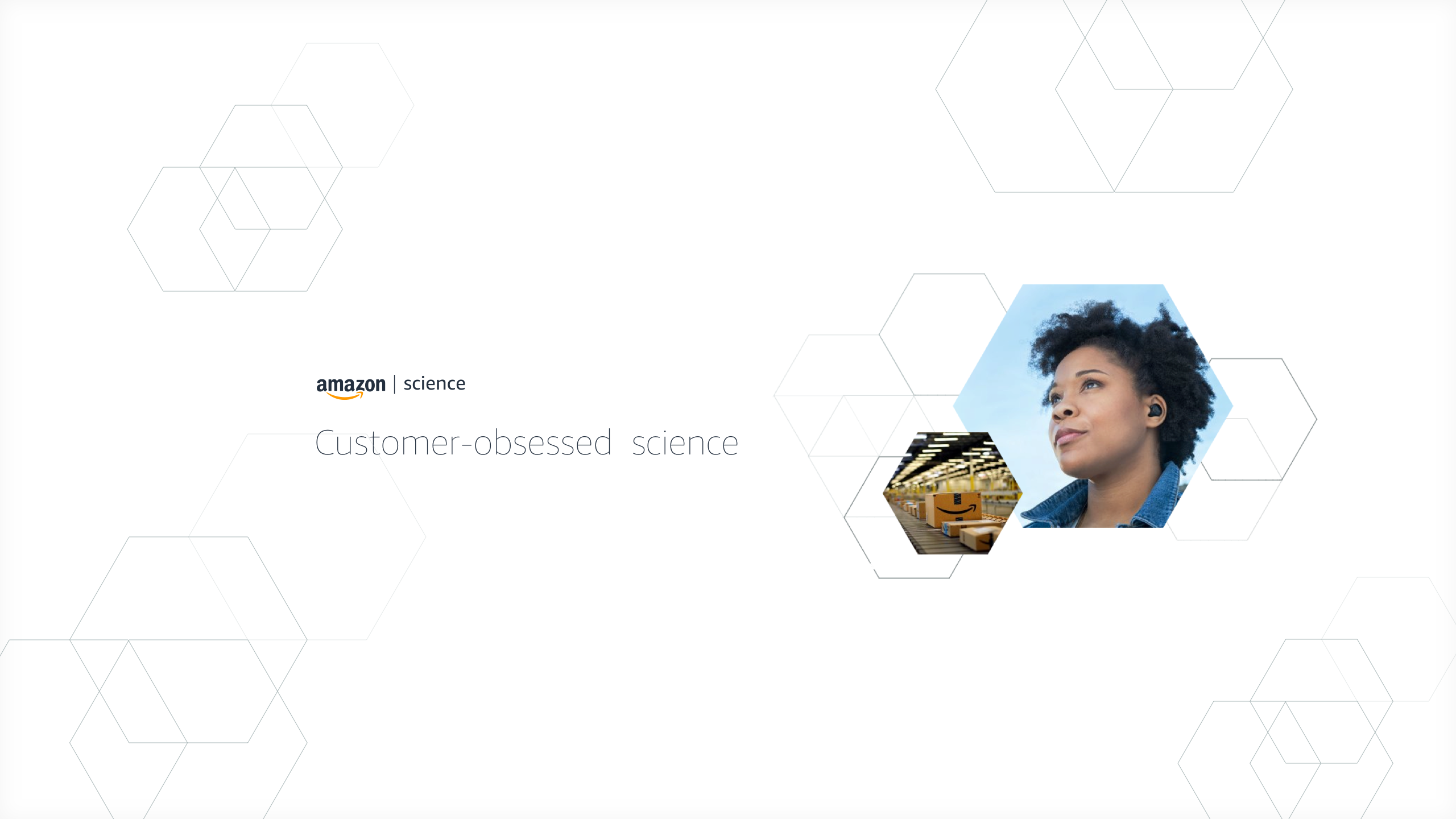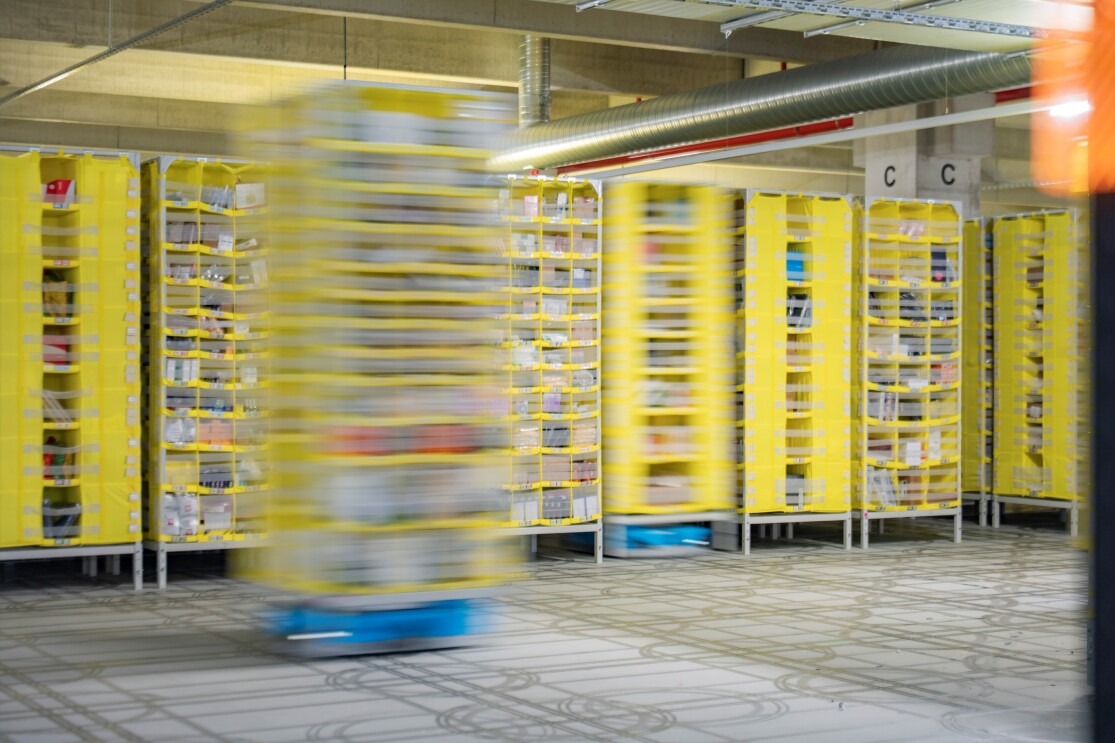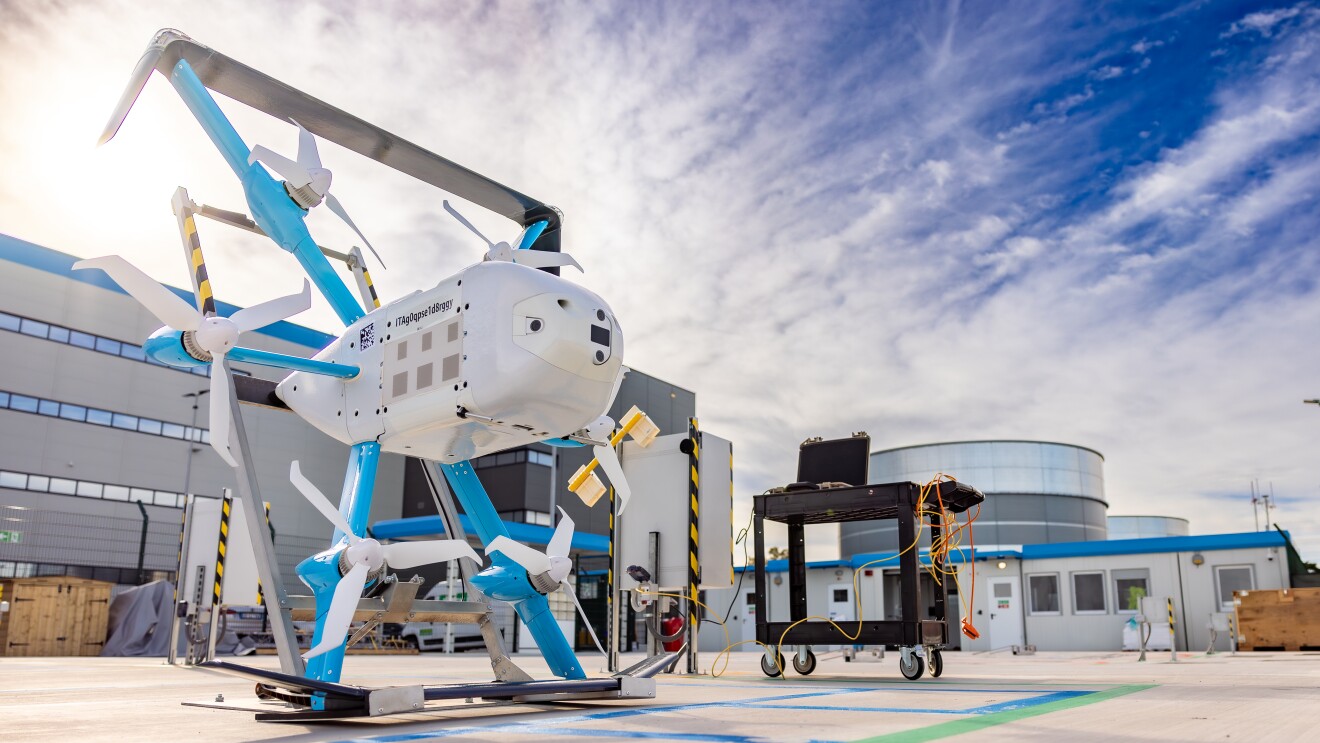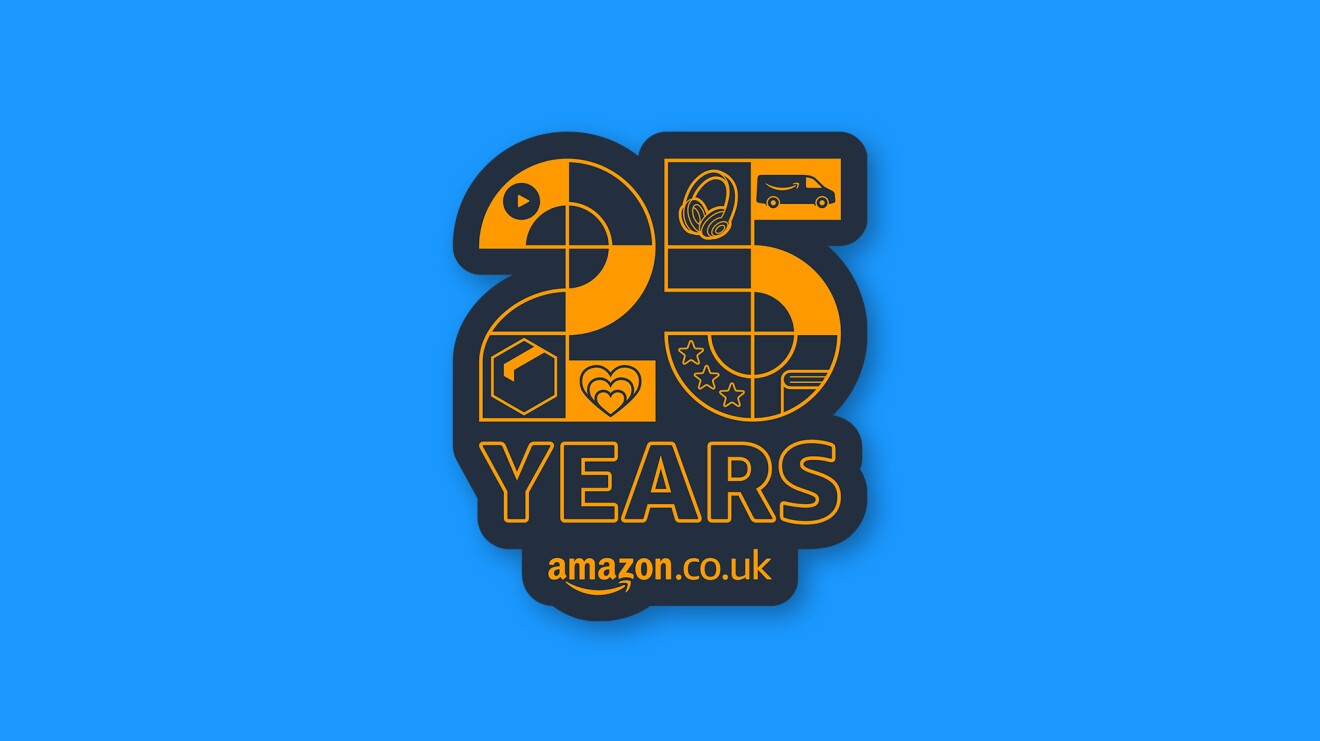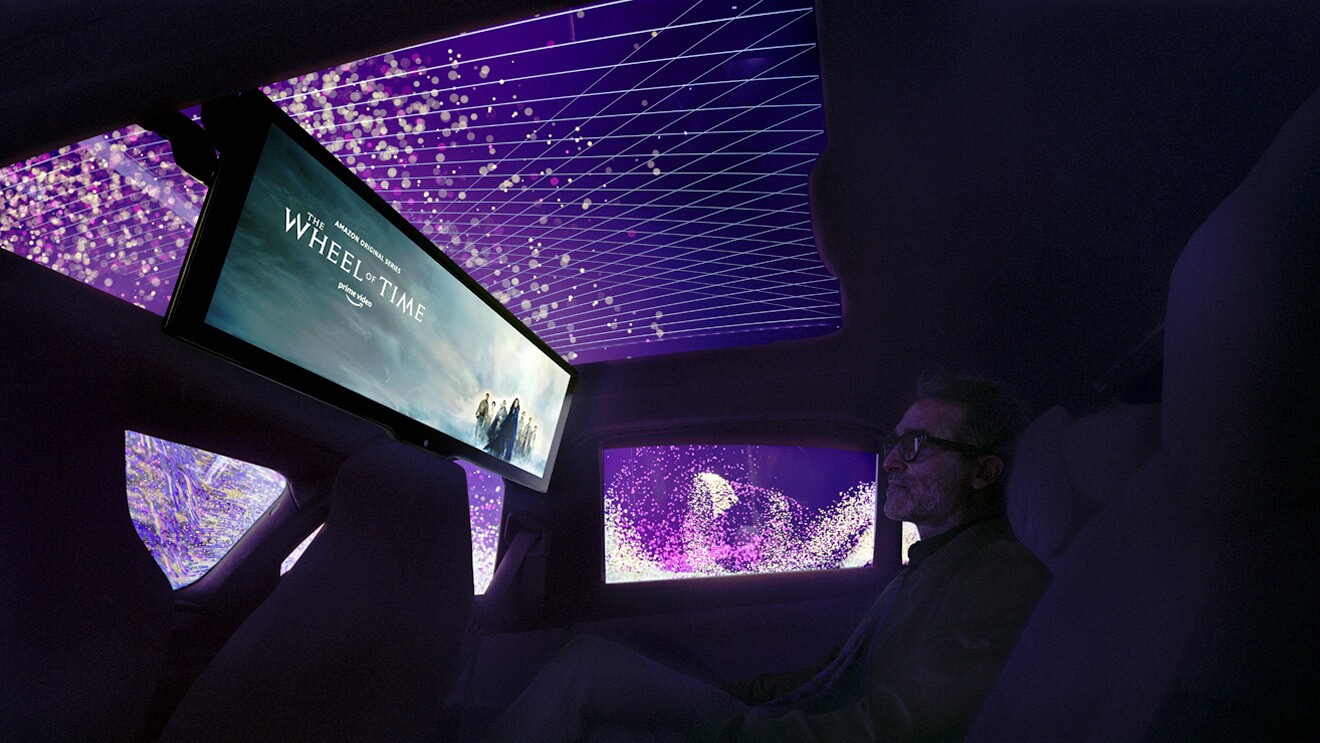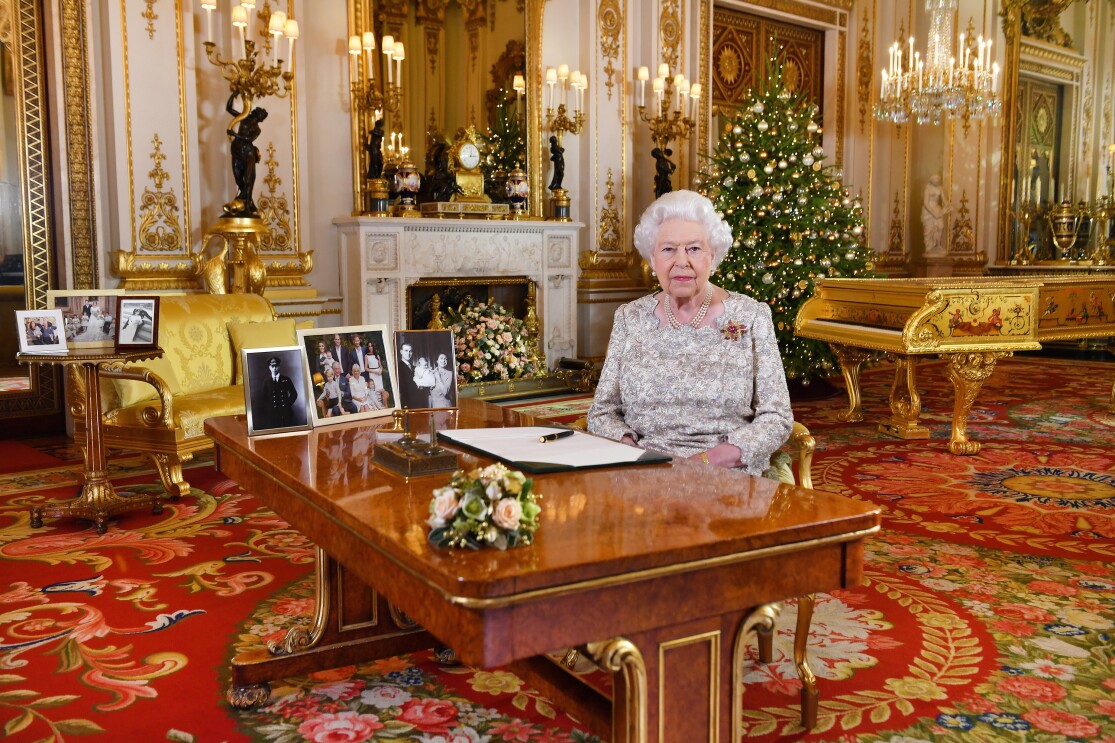The Amazon Research Awards (ARA) provide unrestricted funds and AWS Promotional Credits to academic researchers investigating topics across a number of disciplines, in areas such as artificial intelligence (AI) and robotics.
In 2020, the ARA received a record number of submissions and funded nearly twice as many awards as the previous year. Recipients were notified of their award in March this year, and in total there have been 100 winners representing 59 universities across 13 countries.
“Recipients of the Amazon Research Awards 2020 represent a distinguished array of academic researchers who are pursuing innovation in vital areas such as machine learning algorithms and theory, fairness in AI, computer vision, natural language processing, edge computing, and medical research,” said Bratin Saha, vice president of AWS Machine Learning Services.
“We are excited by the depth and breadth of their proposals, as well as the opportunity to advance science through strengthened connections among academic researchers, their institutions, and our research teams,” Bratin adds.
To find out about their innovative ideas and how their work will impact both the research community and wider society, we spoke to three of the latest ARA recipients.
Luca Giuggioli, University of Bristol
Luca is a Statistical Physicist by training, but an interest in both robotics and movement ecology inspired his research proposal, ‘Multi-robot online exploration in extreme unbounded environments through adaptive socio-spatial ordering’.
 Luca Giuggioli from the University of Bristol is a 2020 winner of the Amazon Research Awards
Luca Giuggioli from the University of Bristol is a 2020 winner of the Amazon Research AwardsLuca explains what the project will entail, and its potential impact: “The key aim of the research is to develop an algorithm that makes it possible for robots to explore unbounded environments with limited communication and human intervention. These unbounded environments could be anything from underwater terrain to another planet, where it is hard to exploit a global positioning system (GPS) and robots would understand their whereabouts only relative to one another.”
“For example, if there is a search for a plane wreckage at sea, this is an unbounded environment that needs to be explored. The area could be 20 times the size of the UK, and underwater it can be very difficult to rely on GPS. Progressing this algorithm means we can use robotics to move and explore in this space automatically, communicating with each other with minimal human intervention, and doing this in a quick manner.”
What’s fantastic about Amazon and the ARA is that they focus on the innovation, irrespective of how much experience you have in that area and will help you get started.
Luca Giuggioli, University of Bristol
Looking ahead, Luca feels this research could be used to help explore any extreme environment, such as planets, by sending a number of robots to explore and discover on our behalf.
Luca is an interdisciplinary scientist, meaning he has worked across different fields of study, and he has a passion for building bridges between these areas.
“Since co-founding the Movement Ecology Journal, I have been involved in connecting statistical physics and ecology. More recently I have become interested in robotics and how to use statistical physics to improve aspects of robotics. I noticed that in robotics there's a missing expertise that would be necessary for it to move forward.”
As part of his research in this area, in May 2020 Luca went on to solve a century-old mathematical problem and began applying his techniques to robotics problems – now he is developing an algorithm to unlock new progress in robotics.
Winning the Amazon Research Award will enable Luca to take his research forward to lab testing: “I will now be able to build on my credentials and research. I imagine four years from now we will have a functioning algorithm through the theoretical research that is ready to be tested in a lab.”
As an interdisciplinary scientist, Luca also praised the ARA process: “For many other awards applications, they look at your past work and may decide you don’t have the depth of experience for their grant. What’s fantastic about Amazon and the ARA is that they focus on the innovation, irrespective of how much past experience you have in that area and will help you get started.”
Ke Li, University of Exeter
Ke is a Senior Lecturer in Computer Science at the University of Exeter, and his research proposal, ‘Many hands make work light: Multi-task deep semantic learning for testing web application firewalls’ combines two of his specialist areas, machine learning and optimisation.
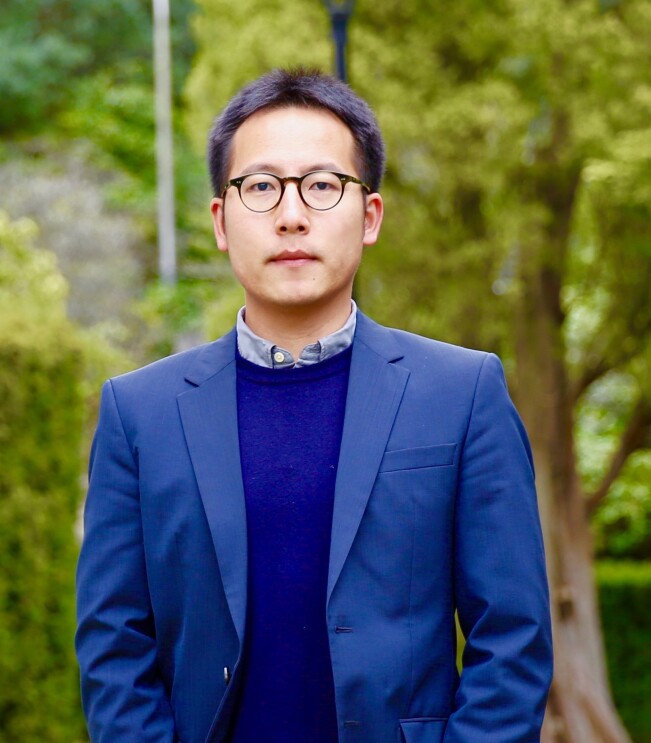 Ke Li is a Senior Lecturer in Computer Science at the University of Exeter and a 2020 winner of the Amazon Research Awards
Ke Li is a Senior Lecturer in Computer Science at the University of Exeter and a 2020 winner of the Amazon Research Awards“I want to find a way to connect machine learning and optimisation, and my research is an intersection of the two areas,” Ke explains. “I’ve been working in these areas since completing my PhD. I want to use machine learning to help optimisation, while also using optimisation to automate the machine learning pipeline.”
Using a real-world example, Ke explains how his research could advance other technologies and save precious resources: “If you’re designing the head nose for a high-speed train, for example, it must be streamlined. This is expensive to design, build and even test. You’ll need resources for a wind tunnel, and every time you change a variant in your design it gets more expensive to test.”
“This is where machine learning comes in. This research would allow us to create a data-driven, surrogate model that would predict performance, replacing expensive physical experiments with variants and testing in a prototype stage.”
I feel very excited that our research has attracted attention from Amazon, one of the leaders in this field.
Ke Li, University of Exeter
Beyond saving resources in research and development, Ke feels his innovations in machine learning could re-shape how developers and programmers work in the near future: “Machine learning will be one of the most powerful tools to impact programming languages, and this research will help to use optimisation and the machine learning pipeline to automate security testing for Web application firewalls. This means that in the future, programmers and developers will not have such manual, repetitive work with coding and developing test cases, as robots will be able to do this for them.”
“Instead, people in these roles will be able to focus on more important aspects of work, such as creativity and design, education, and strategic thinking. This also makes the field more accessible to people who are not skilled in programming languages such as Java or Python. So we can introduce more people to these careers, and build interest and engagement in these innovations while also speeding up progress and unlocking new areas."
Ke and his team are excited about the opportunities that come with winning the Amazon Research Awards: “For this project I require access to extremely high-performance cloud computing, so the AWS promotional credits as part of the prize will be a huge help. I feel very excited that our research has attracted attention from Amazon, one of the leaders in this field. I look forward to potential collaborations in the future as they work on some really challenging and interesting projects in both academia and industry.”
Carlo Ciliberto, University College London
Carlo is an associate professor in Machine Learning and Computer Science at University College London, having previously spent time working with robotics and machine learning at the Massachusetts Institute of Technology (MIT) and the Italian Institute of Technology. Carlo’s winning research proposal, ‘Optimal transport for meta-learning’, is centred around what he calls ‘learning to learn’.
 Carlo Ciliberto is a lecturer in Machine Learning and Computer Science at University College London, and a 2020 winner of the Amazon Research Awards
Carlo Ciliberto is a lecturer in Machine Learning and Computer Science at University College London, and a 2020 winner of the Amazon Research Awards“The idea behind meta-learning is learning to learn, which studies how we can let an algorithm learn from the experience of learning itself. At the moment, learning algorithms work really well provided they have a huge amount of data, for example they can recognise people from images, but this requires lots of resources like time, memory and infrastructure.”
Carlo adds: “Meta-learning tries to find a way for learning algorithms to re-use their own knowledge to solve tasks much faster – similar to how humans learn and develop.”
“My goal is to mitigate the effort needed by both expert practitioners in meta-learning, and by beginners in the field. This should take away any learning barriers for people in the meta-learning field, making it more accessible to non-experts and allowing more people to work in this field.”
Carlo says the Amazon Research Award will make a big difference in enabling his work to move forward: “Every year we need more and more power to test our ideas, so the AWS Cloud Computing credits including with this prize will make a huge impact because we have a critical need to test ideas and explore new avenues.”
“The funding will also help us to train new specialists in meta-learning and upskill them to become researchers in this exciting area. We will also be able to facilitate new students to do their masters projects and to help transition them to PhD students.”
Amazon is investing in innovation
Amazon invests heavily in research and development with teams across the UK working on cutting-edge technology to create innovations for customers at our development centres in London, Cambridge and Edinburgh.
Our teams help to build knowledge systems used across Alexa devices, to build algorithms so customers can have the best search experience across our platforms, and to innovate in many other areas including robotics and product development.
“As we enter into this golden age of robotics, we do so with our university partners. Not only are they shaping what is possible in robotics, they are inspiring many next-generation roboticists with their incredible creations and front-line teachings,” said Tye Brady, chief technologist for Amazon Robotics. “Our grant recipients are not only pursuing cutting-edge research that will benefit society, but perhaps more importantly are helping students from across the globe pursue a career in science and engineering.”
The Amazon Research Awards fund proposals up to four times a year in a variety of research areas. Right now, applicants can submit proposals to Amazon Advertising, an area where our scientists apply machine learning, optimisation and game theory at scale to enhance customer experience, help advertisers reach relevant audiences and to support brand building.
Find out more: Amazon Research Awards – call for proposals now open
